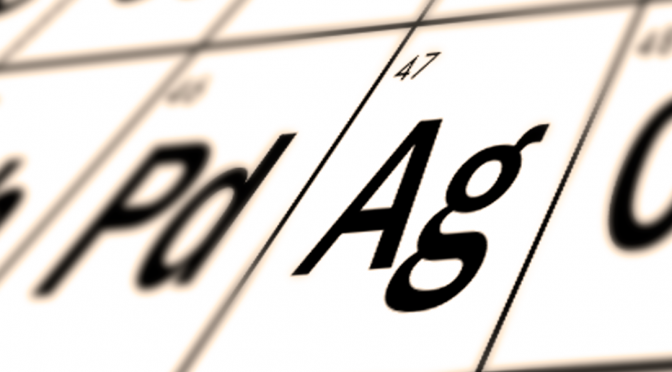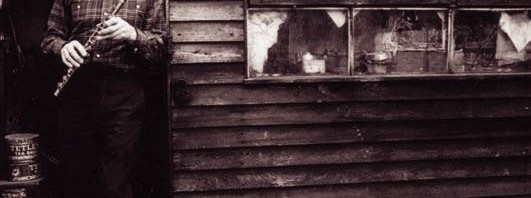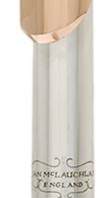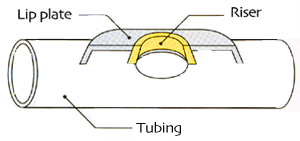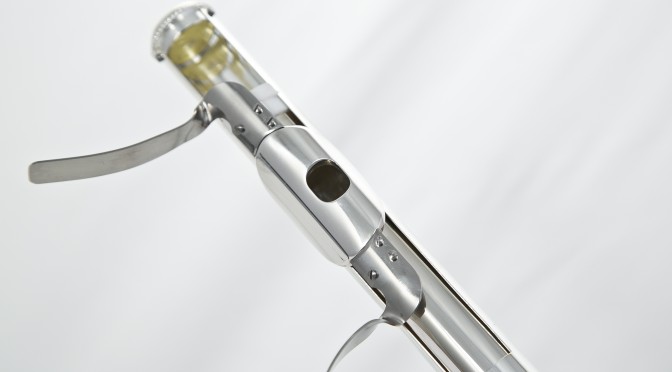flute construction
-
Not So Shiny Silver
We are often asked in the shop: “why has my new flute turned black?” One moment your silver flute is nice and shiny. The next, a cloudy colour all over. What’s going on here? Silver. Chemical symbol Ag, atomic number 47. Used for thousands of years in ornaments, utensils, trade, and as the basis for…
-
RS 2012 Scale
RS 2012 is slightly different from the original Cooper Scale. As Cooper admitted, there was always room for improvement and this has now been done. That said, I am sure there will be corrections in the future, continuing Cooper’s work. The alterations are small, but to those with sensitive ears, they are significant when expressive…
-
In My Opinion
For many years now there has been an issue in the British flute world that has been allowed to continue unchecked and I feel that is time that someone with a contrasting view voices an opinion.
-
Scales: An Incomplete Look at What Every Flutist Should Know
What’s in a scale? More to the point, what’s in “the Cooper scale”? This short primer on scale—and why every flutist needs to understand its importance— includes a heartfelt appeal for the open information-sharing that defined the character of the late Albert Cooper.
-
Ian McLauchlan’s Guide To Making A Headjoint: Finishing the Headjoint
Probably the most important stage of making a headjoint is cutting the embouchure hole. It is this that really makes it work or not.
-
Ian McLauchlan’s Guide To Making A Headjoint: The Riser
In my first two articles in this series I talked about how I make a headjoint tube and lip-plate. This article covers the riser: a part that you don’t really see but that is an important part of the headjoint. The riser (also called the chimney, or by some American flutemakers, the ‘wall’) gives the…
-
The Ultimate Flute Headjoint?
Robert Dick is an internationally renowned American flautist and composer nicknamed ‘the Hendrix of the flute’ due to his ability to create effects similar to electric guitar and push the boundaries of conventional flute playing. He was inspired by Hendrix’s creativity from a very young age and desired to match the sound and abilities of…
-
Ian McLauchlan’s Guide To Making A Headjoint: The Lip-Plate
In part 1 of this guide, I explained how tubes for handmade flute headjoints are made. In this article, I’ll talk about the method I use to make a lip-plate.
-
Ian McLauchlan’s Guide to Making A Headjoint
What I am intending to do over my next few blog posts is to describe the process involved in producing a headjoint from tubes and sheet, through to the final finished product. I am not for one moment suggesting that this is the only way of making a headjoint, but it is one that works…

